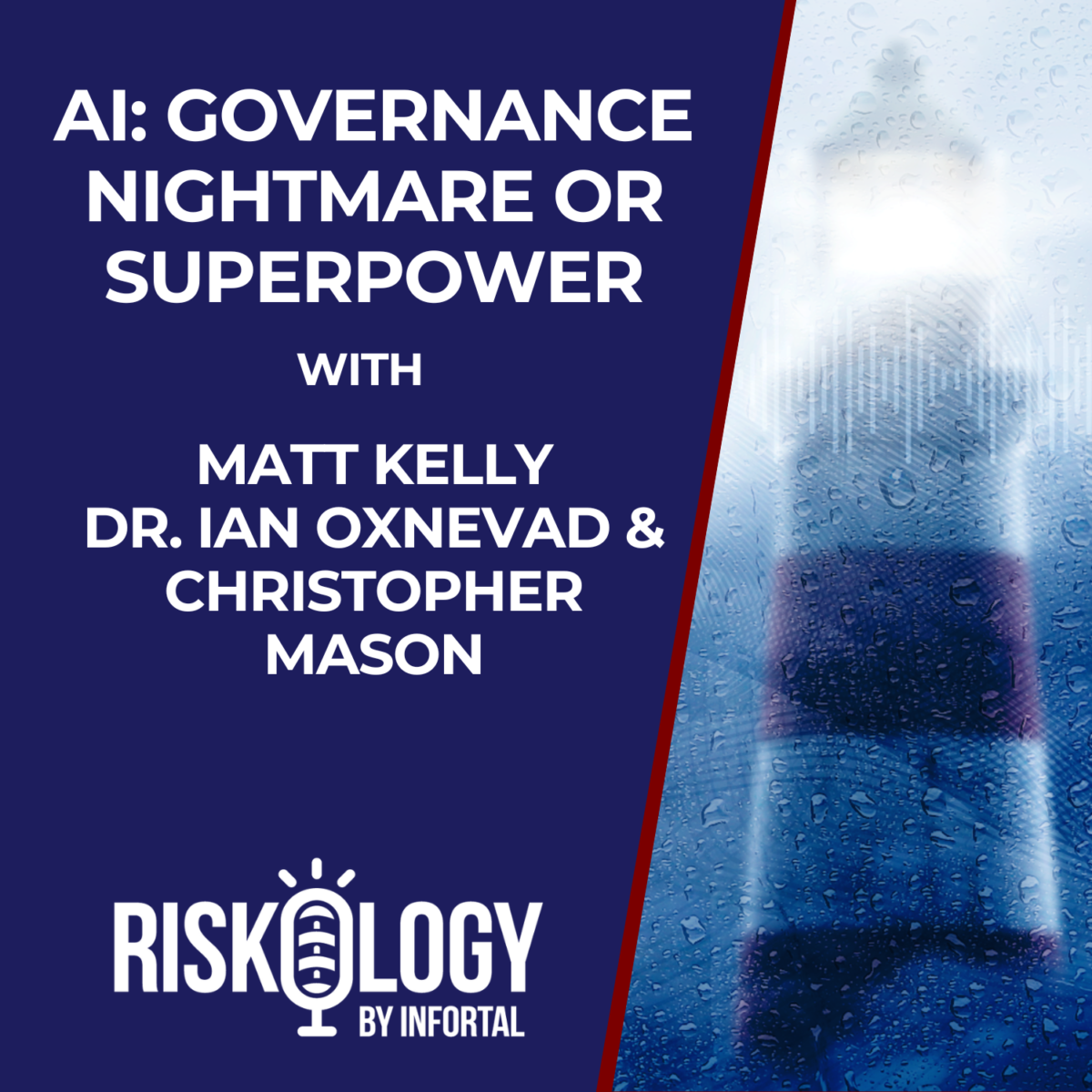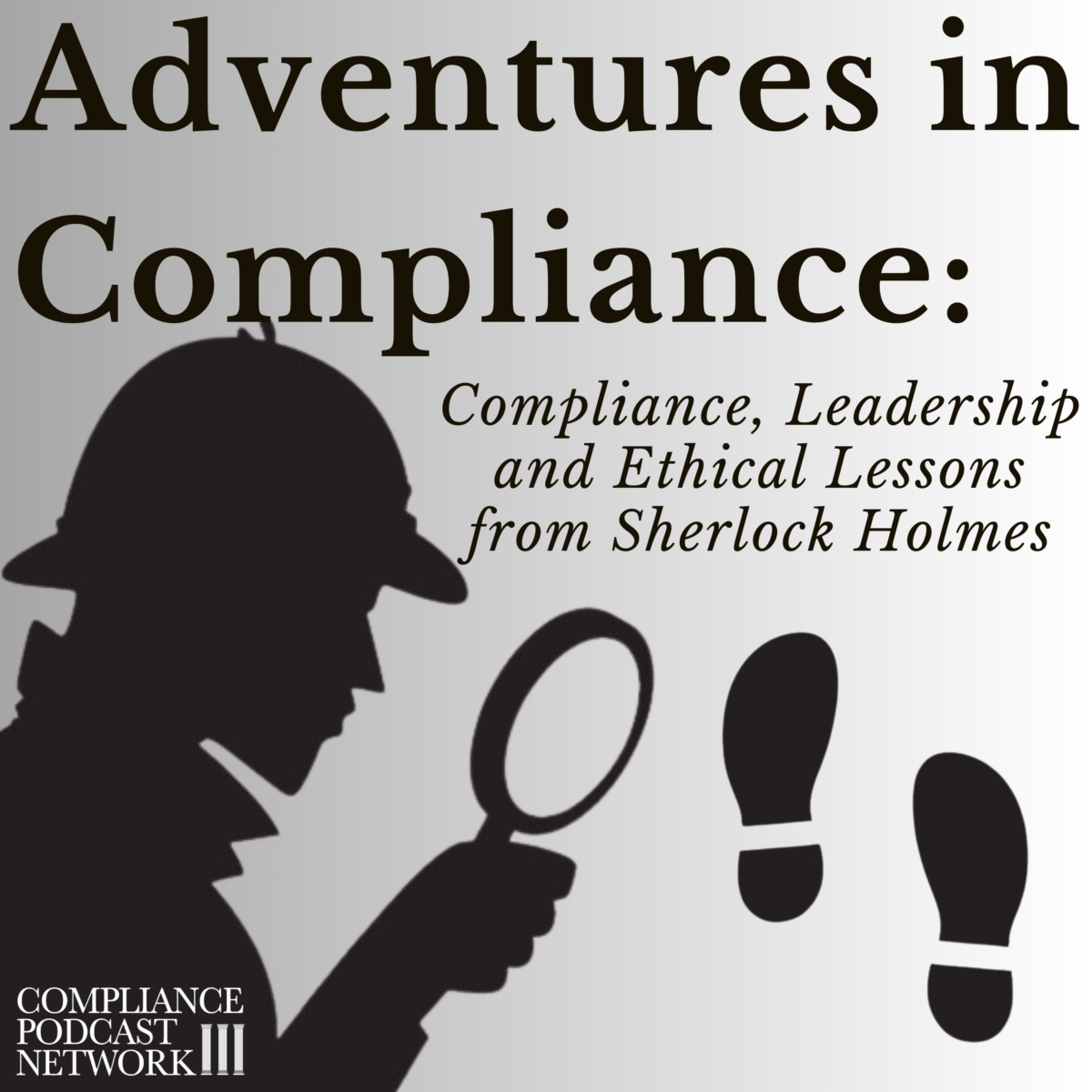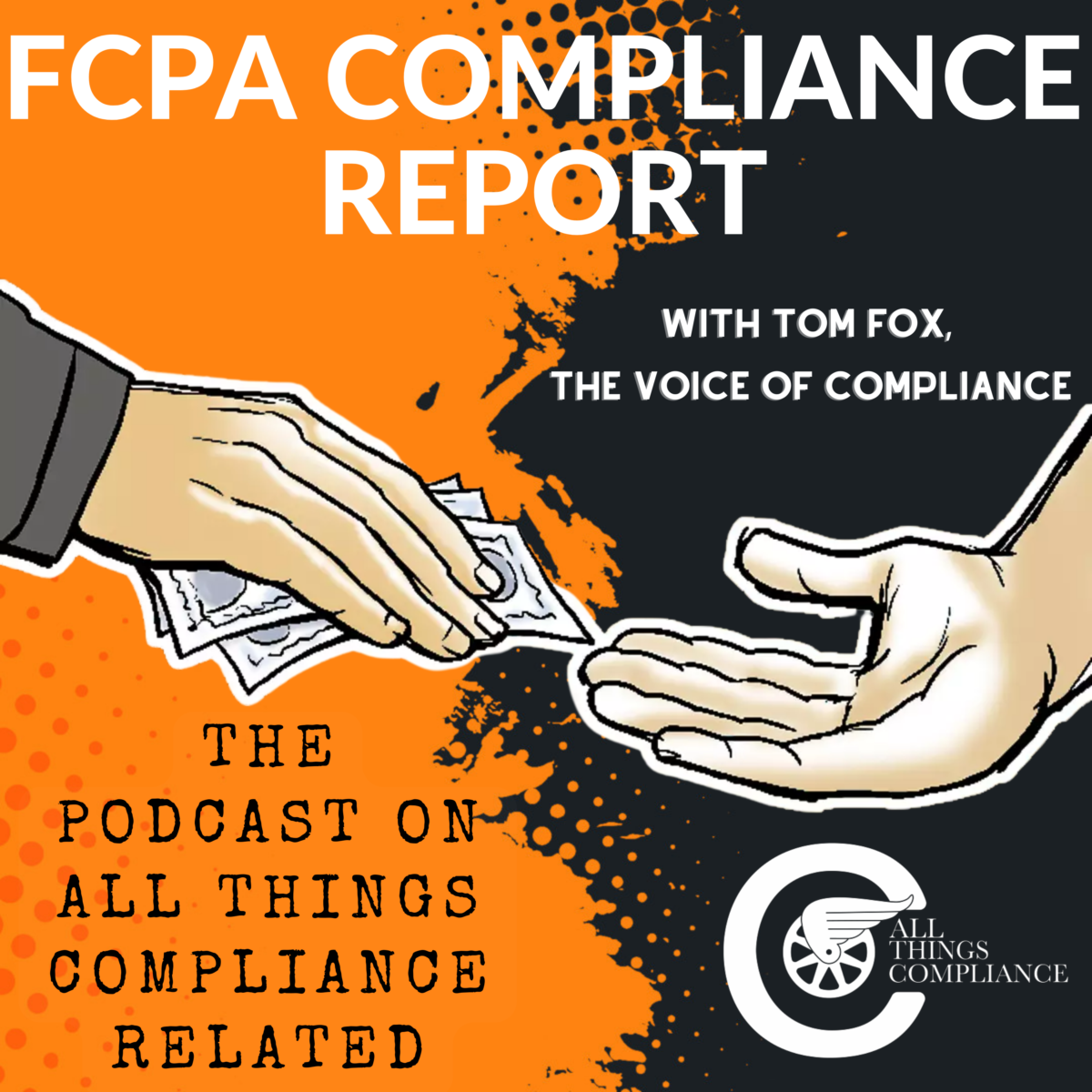The rise of AI has brought with it both blessings and curses. Companies worldwide and the organizations that govern them are racing to navigate and leverage it. In today’s episode, Dr. Ian Oxnevad, Chris Mason, and guest Matt Kelly delve into the intricate world of AI and its profound implications for compliance and geopolitical risk management. In the race to harness AI, thoughtful adoption and strategic implementation are crucial.
Infortal Worldwide is a global risk management and investigations firm specializing in helping businesses navigate complex risk landscapes. The company’s focus extends to various areas, including economics, politics, and geopolitical risk. By delving into these interconnected realms, Infortal Worldwide aims to provide clients with comprehensive insights that empower them to make informed decisions, especially in critical areas such as mergers and acquisitions, private equity investments, and other strategic moves.
You’ll hear Ian, Chris, and Matt discuss:
- The geopolitical impact of AI is far-reaching. AI can potentially impact global conflicts, elections, and power dynamics, emphasizing the need for regulatory oversight and ethical considerations to prevent misuse and manipulation.
- Ethical concerns are often overlooked or skipped altogether as organizations race to integrate and leverage AI. In an environment where technology changes daily, the lack of human values in the new AI systems runs the risk of bias and other negative consequences.
- The evolving regulatory landscape for AI, including initiatives like the EU’s Artificial Intelligence Act and the US executive order, underscores the need for proactive policy development. As a result, private businesses will face complex and uncertain regulatory environments as they play a pivotal role in shaping the future of AI adoption.
- Different countries approach AI adoption and regulation uniquely, with considerations for economic impact, job displacement, and geopolitical implications, underscoring the diverse responses and challenges in the global AI landscape.
- Risk management should play a central role in AI implementation, as there is already a history of compliance failures and cybersecurity risks with the new technology. To circumvent these issues, organizations must prioritize testing, quality control, and privacy considerations.
- Despite the risks and pitfalls, AI brings with it productivity gains and innovation opportunities, which encourages a strategic and thoughtful approach to leveraging AI technologies for business growth and development.
Resources:
Dr. Ian Oxnevad on LinkedIn
Chris Mason on LinkedIn
Matt Kelly on LinkedIn







